Explore the fascinating role of the Mopane Tree in Africa’s savannas. From feeding elephants and Mopane Worms to its traditional medicinal uses, discover how this resilient tree supports both wildlife and local communities.
Plant Powers - The Medicinal Flora of Kruger National Park
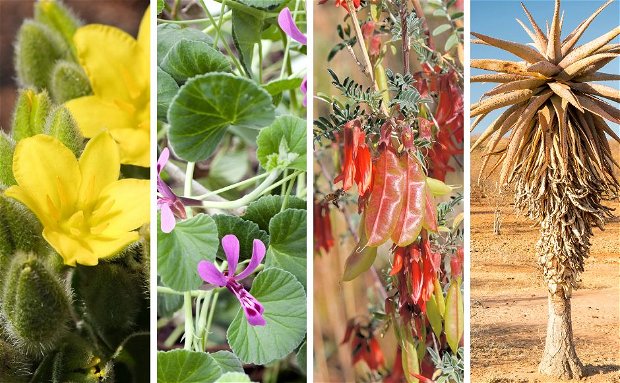
Kruger National Park in South Africa is a hub of medicinal plants like Marula, Devil's Claw, and Aloe Vera, pivotal in traditional African medicine and modern science. Supported by sustainable conservation efforts and eco-tourism, these plants are crucial for health and maintaining biodiversity, showcasing the importance of preserving this natural heritage.
In the heart of South Africa lies Kruger National Park, a place renowned not only for its majestic wildlife but also for its rich tapestry of medicinal flora. This verdant expanse is a natural pharmacy, steeped in the traditions of African medicine, offering us a glimpse into the potent healing powers of the African bushveld.
1. Marula (Sclerocarya birrea)
The marula, transcending its role as the source of a famous liqueur, stands as a pillar in traditional African medicine. Indigenous healers utilize its bark and leaves to combat dysentery and diarrhea, leveraging their anti-inflammatory prowess. Furthermore, the fruit and oil, brimming with antioxidants, play a significant role in skincare, nourishing and revitalizing the skin. Embedded deeply in local folklore, the marula is often linked with fertility and matrimonial ceremonies.
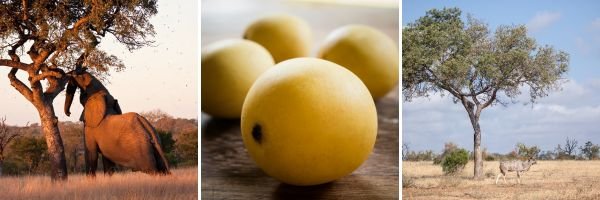
2. Devil's Claw (Harpagophytum procumbens)
Native to South Africa's savannahs, Devil's Claw is celebrated for its remarkable anti-inflammatory and pain-relieving properties. Its roots are a traditional remedy for arthritis, muscle aches, and rheumatic conditions. Modern research has echoed these traditional uses, recognizing Devil's Claw as a potential powerhouse in contemporary herbal medicine for alleviating pain and reducing inflammation.
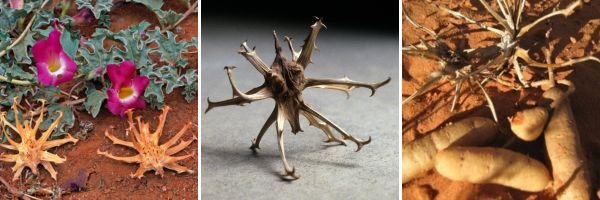
3. African Wormwood (Artemisia afra)
'African Wormwood', or 'Umhlonyane', is revered as a natural remedy for respiratory ailments including colds, flu, asthma, and coughs. Its significance surged during the COVID-19 pandemic as a natural immune booster. This aromatic herb is also utilized in steaming and inhalation therapies, offering relief from nasal and respiratory congestion.
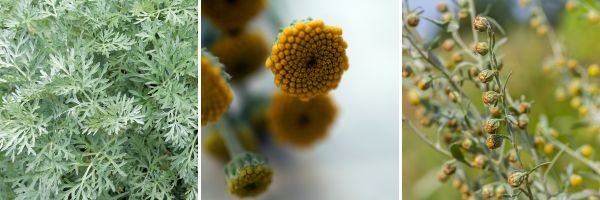
4. Aloe Vera (Aloe barbadensis miller)
Globally lauded for its skincare benefits, Aloe Vera is equally esteemed in Kruger for its soothing and healing attributes. The gel from its succulent leaves is applied to burns, wounds, and skin irritations. It's also recognized for its laxative properties and its role in treating digestive disorders, epitomising the plant's versatility and effectiveness in traditional medicine.
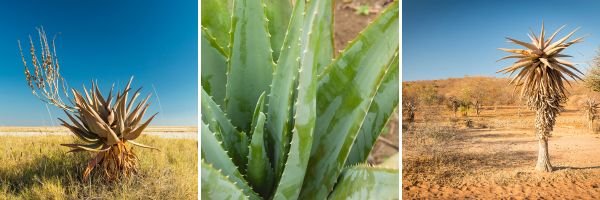
5. African Potato (Hypoxis hemerocallidea)
Despite its name, the African Potato bears no relation to the common potato and is a cornerstone of traditional African medicine. Believed to bolster the immune system, it is used in addressing urinary tract infections, prostate issues, and certain skin conditions. The African Potato contains sterols and sterolins, believed to play a role in modulating the immune system.
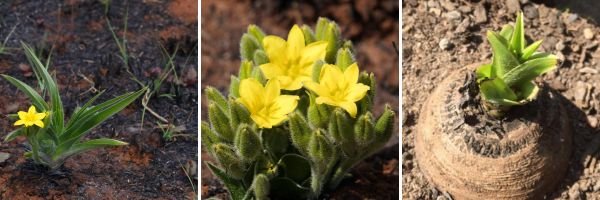
6. Pelargonium sidoides
This geranium species, known locally as 'Umckaloabo', is a popular remedy for respiratory infections such as bronchitis, tonsillitis, and sore throat. Its extracts possess antibacterial and immune-modulatory properties, making it a valuable component in traditional health practices. Modern medicine is increasingly integrating Pelargonium sidoides into cough syrups and cold remedies due to its efficacy.
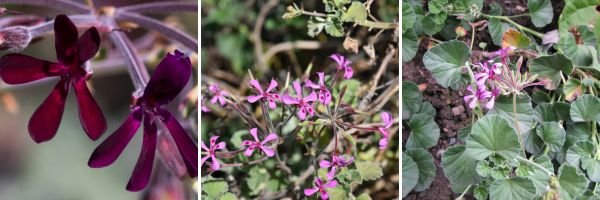
7. Sutherlandia (Sutherlandia frutescens)
Known as the 'cancer bush', Sutherlandia stands out as a highly significant medicinal plant in Southern Africa. Traditionally used in treating cancer, diabetes, inflammatory diseases, and various infections, it is renowned for its immune-boosting properties. The plant is rich in canavanine, an amino acid that has demonstrated potential in anti-cancer therapies.
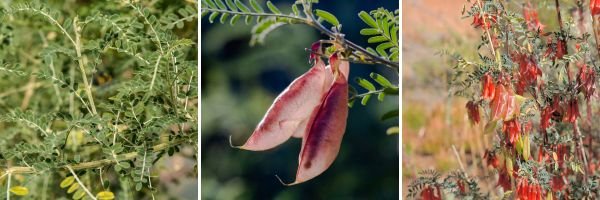
These medicinal plants are more than just passive elements of Kruger's landscape; they are integral to the health and well-being of the communities they surround. Our continued exploration and understanding of their properties contribute to a legacy of healing and preservation. This commitment to safeguarding our green heritage is pivotal for the well-being of future generations.
The conservation of these plants is crucial. Sustainable practices and eco-tourism, championed by establishments like Needles Lodge, play a vital role in protecting these natural resources. Visitors to Kruger National Park contribute to this conservation effort, ensuring the preservation of this botanical wealth.
The intersection of traditional knowledge and contemporary science opens new avenues in medicine. By valuing and incorporating these time-honored practices, we pave the way for innovative health solutions deeply rooted in nature's wisdom.
Kruger National Park's medicinal flora is a vivid reminder of the intricate connections between our health and the natural world. These plants are not merely inhabitants of a landscape; they are custodians of ancient healing wisdom, a green legacy that we must cherish and protect for generations to come.
Disclaimer:
This article is for informational purposes only and does not constitute medical advice. The information on medicinal plants from Kruger National Park is based on traditional uses and is not a substitute for professional healthcare. Consult a healthcare professional before using any medicinal plants, especially if you have health conditions, or are pregnant or breastfeeding. The efficacy of these plants may not be supported by modern scientific research to the standards of medical treatment.

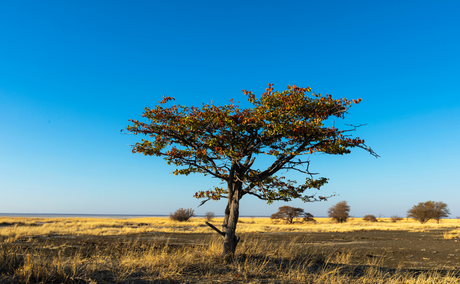
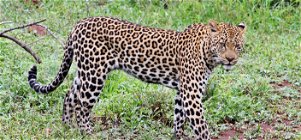
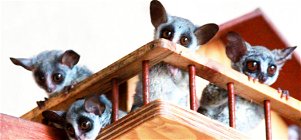
Share This Post